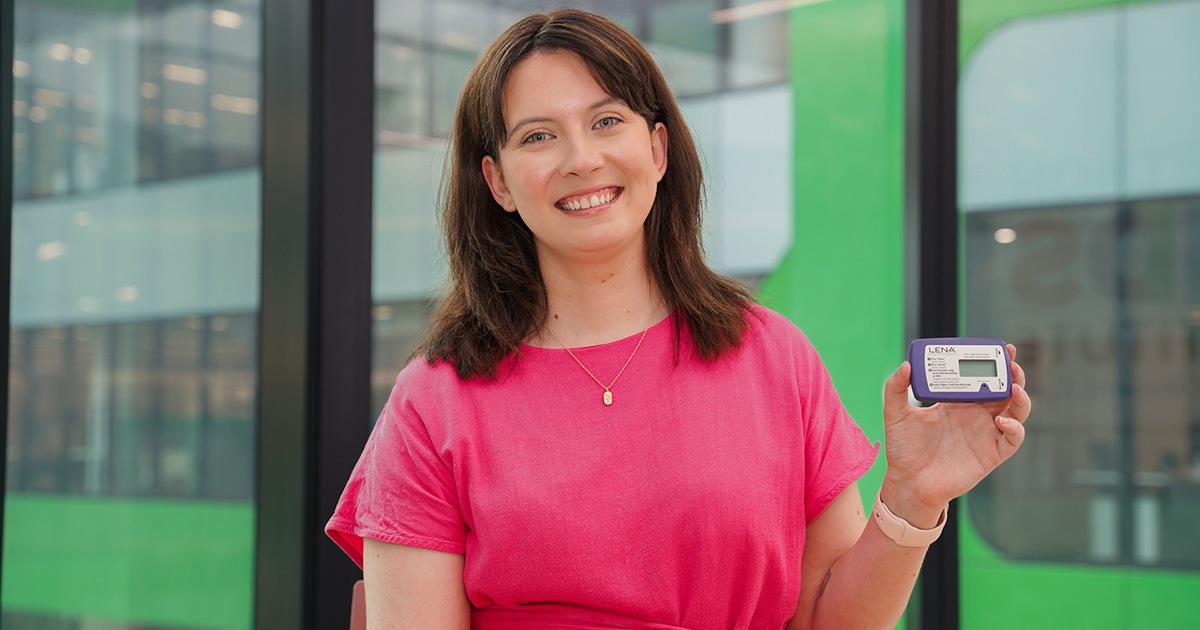Search
Research
Investigation of the Cross-National Equivalence of a Measurement of Early Child DevelopmentThe present study examined the psychometric properties of the domains of the 48-item EDI and the invariance of the measurement models of the domains of the...
Research
Brief Report: Further Evidence for a Link Between Inner Speech Limitations and Executive Function in High-Functioning Children with AutismThis study investigated the involvement of inner speech limitations in the executive dysfunction associated with autism spectrum disorders (ASDs).
Research
Factors for Children's Receptive Vocabulary Development from Four to Eight Years in the Longitudinal Study of Australian ChildrenVariation in receptive vocabulary ability is associated with variation in children's school achievement, and low receptive vocabulary ability is a risk...
Research
Validity and Psychometric Properties of the Early Development Instrument in Canada, Australia, United States, and JamaicaThere is an increasing support from international organizations and the research community for stepping beyond infant or child mortality as the most common...
Research
Preschool psychopathology reported by parents in 23 societies: testing the seven-syndrome model of the child behavior checklist for ages 1.5-5.To test the fit of a seven-syndrome model to ratings of preschoolers' problems by parents in very diverse societies.
Research
Wellbeing and academic achievement paperIn this report, we explore the relationship between student wellbeing, school engagement, and academic achievement.
Research
Child development at school entry and student wellbeing six years laterIt has been well established that children's development at school entry is associated with their later academic achievement, but less is known about whether there is also an association with other measures of school success, such as students' social and emotional wellbeing.

News & Events
Early childhood researcher a finalist in peak South Australian science awardsA The Kids Research Institute Australia researcher whose PhD studies highlighted the link between screen time exposure and toddlers’ language development has been named a finalist in South Australia’s Science Excellence and Innovation Awards.

News & Events
The Kids Research Institute Australia to lead ground-breaking child health research in South AustraliaThe Kids Research Institute Australia's Adelaide facility has been officially opened by South Australian Premier Peter Malinauskas.

News & Events
The Impact of Poverty - interview with Louise GiolittoPoverty invades every aspect of a child’s life and, as a growing body of research tells us, affects physical and mental wellbeing as well as future opportunitie
